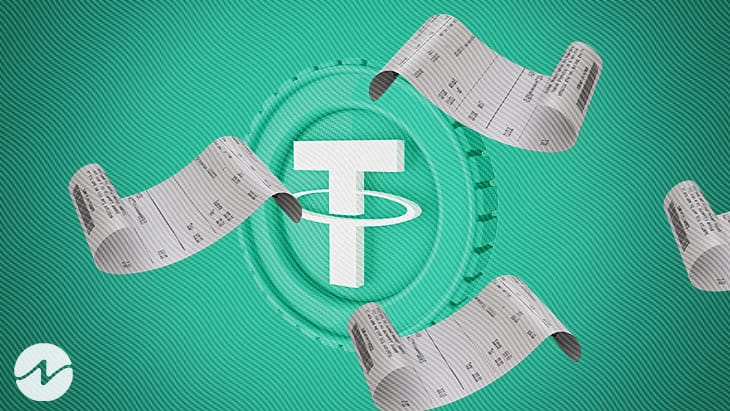- Reeve Collins addressed the claims in an appearance on CNBC’s SquawkBox.
- Tether has periodic audits conducted for government agencies as per Reeve.
The company behind the USDT stablecoin, Tether, has reportedly been lending its coins to consumers rather than selling them for cash, according to a new report. Tether has been criticized for its lack of openness in not publishing the exact amount of USDT reserves it has, and the report claims that the crypto behemoth has neglected to reveal its stablecoin-issued loans.
One of the major crypto exchanges, FTX, filed for Chapter 11 bankruptcy earlier this month, giving rise to these concerns. Tether’s collateral may have been weakened or perhaps completely destroyed by the ensuing market crash. Tether cofounder Reeve Collins addressed the claims in an appearance on CNBC’s SquawkBox.
Periodic Audits Claimed
In his defense, Reeve points out that the corporation’s proof-of-reserves documents are available on the corporate website for anybody to see and verify. In addition, Tether has periodic audits conducted for government agencies to learn more about the management and investment of money.
Reeves claims that throughout Tether’s eight years of existence, “it always redeemed every token for exactly $1.” Even if these concerns have been addressed before, Reeves says it’s “okay” since the industry will become “more and more transparent, due to the failures of FTX and BlockFi” over time.
There is a history of tension between the authorities and Tether. Questions regarding Tether’s reserves emerged during the Terra Luna issue and the 3AC-led market crash. Concerns regarding the leading stablecoin by market capitalization have been reignited by the FTX bankruptcy. Especially in light of data indicating that the company may have taken on too much leverage.








